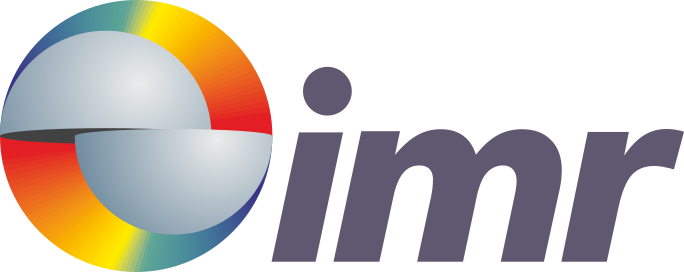Industrial and Medical Imaging
Industrial and medical image processing deals with research and development tasks from the industrial environment as well as with issues relating to image-based measurement technology in medical technology. The main focus in industrial image processing is on the development of new or optimized concepts and methods for optical quality control in production processes with difficult and task-specific boundary conditions. For many years, the working group has been researching the characterization of so-called riblets, a groove-like fine structure of surfaces to reduce air resistance. The task areas are the measurement of the wear and tear of these structures or the large-scale recording of the surface to derive key figures. Various measuring devices are used and also developed in the context of research projects. This includes confocal microscopy, light section technology and also a new type of 3D electron microscopy.
In medical technology, new interaction and control methods are currently being developed to optimize operating room equipment. The aim is to increase efficiency and ergonomics and, in particular, to avoid infections. In the field of microsystems, the focus is on the development and integration of micro-optical and micromechanical components for the further development and optimization of a miniaturized spectrometer (microspectrometer). In addition to improving the process, the goals include reducing energy consumption and equipment costs. This microspectrometer should be used in medical technology, bioanalytics and environmental technology.
Contact Person


Industrial and Medical Imaging
30823 Garbsen


Industrial and Medical Imaging
Industrial and Medical Imaging
-
Model-based Automated Adjustment of Complex Optical SystemsThe use of optical systems is steadily increasing in both industry and among private users. For example, interferometers are used in metrology, lasers in gravitational physics, telescopes in astronomy, and camera lenses for imaging processes. With this growing demand, the requirements and complexity of such systems are also increasing. Particularly, the assembly process of miniaturized and complex optical systems is still predominantly performed manually today and thus significantly depends on the expertise of trained personnel.Led by: M.Sc. Nils MelchertYear: 2020Duration: 01.04.2020 - 01.04.2023
![]()
![]()
-
Smart surgery through AI-based assistance systemsAs part of the research project, a digital OR assistant is to be developed, which will make it possible to relieve the staff in the OR by monitoring instruments and also to acquire data for planning more efficient and hygienically optimized ORs. Multiscale AI-based image processing for object recognition and coordinate regression will be central to the development of the OR assistant, which will make it possible to track relevant objects in the room with cost-effective and easy-to-install cameras and deliver robust results even in the event of occlusions. Central research questions include in particular network conditioning with synthetic data based on detailed virtual 3D environments and the development of network architectures in combination with state estimation methods. The recognition algorithm is used to monitor all tools in use and documents each individual tool in terms of duration of use, type of use, user and movement profile. All this information enables the creation of reliable statistics and the automated preparation of a surgical report, intelligent surgical planning or the design of gripper systems for automated instrument application. The project is funded by the Young Investigator Grands funding line of Leibniz Universität Hannover.Led by: Dr. Ing. Lennart HinzTeam:Year: 2024Funding: Young Investigator Grands LUHDuration: 01.01.2024 - 31.12.2025
![]()
![]()






